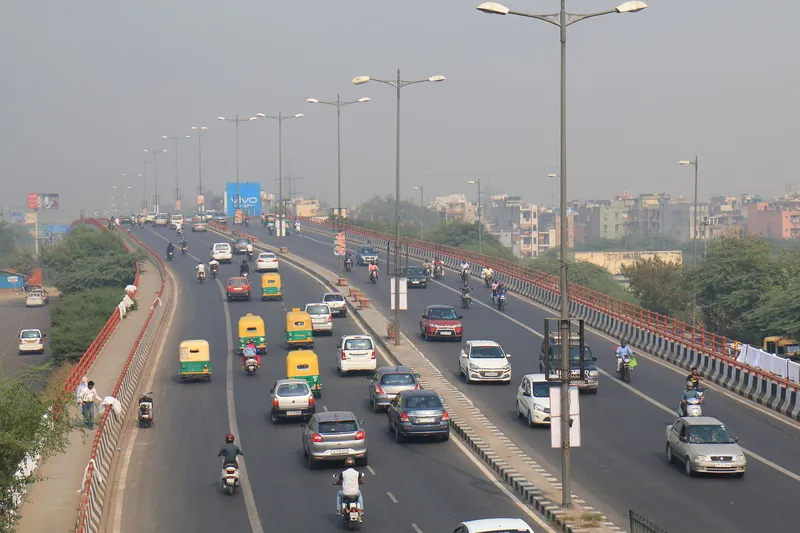The fatality rate from road accidents in India continues to be of major concern to the country’s Government, highway authorities and safety campaigners. A report from India’s National Crime Records Bureau has highlighted the scale of the problem. Called “Accidental Deaths in India", this official report reveals that reported road accidents caused on average 56 injuries/hour and 14 deaths/hour during 2009. The fatal accident rate also increased from the previous year according to the report, which says that
May 21, 2012
Read time: 2 mins
The fatality rate from road accidents in India continues to be of major concern to the country’s Government, highway authorities and safety campaigners. A report from India’s 5648 National Crime Records Bureau has highlighted the scale of the problem. Called “Accidental Deaths in India", this official report reveals that reported road accidents caused on average 56 injuries/hour and 14 deaths/hour during 2009. The fatal accident rate also increased from the previous year according to the report, which says that number of deaths rose from 118,000 in 2008 to 126,000 in 2009. Meanwhile the number of reported traffic accidents in India reached 421,000 in 2009. Of the total death victims, 21% were two-wheeler riders. India’s vehicle numbers continue to increase as the country’s economy grows. There is concern too that reported accident levels are considerably lower than actual accident levels, with large numbers of injuries and fatalities simply not being recorded. However the country suffers from a series of serious issues such as poor driving skills, poor vehicle condition, poor road condition and poor safety measures. There is also an issue regarding mixed vehicle types on the nation's roads, with bicycles and carts hauled by animals using many of the same routes as trucks, cars and buses. Nor are safe crossings for pedestrians common. Until these issues can be properly addressed, the country’s annual road fatality rate is likely to continue to grow.









